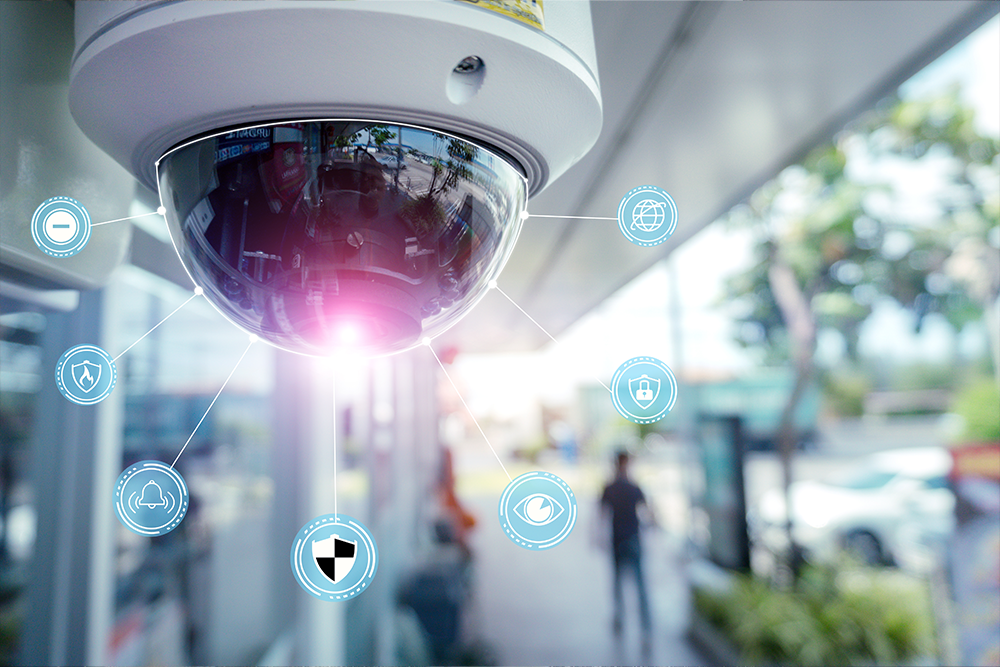
The installation of a security camera on condominium common elements is considered a material alteration or substantial addition to the common elements. In Sterling Village Condo., Inc. v. Breitenbach, 251 S.2d 685, 687 (Fla. 4th 1971), the court defined “material alteration or addition” as follows:
“… as applied to a building, the term “material alteration or addition” means to palpably or perceptively vary or change the form, shape, elements or specifications of a building from its original design or plan, or existing condition, in such a manner as to appreciably affect or influence its function, use or appearance.”
In Hickey v. The Georgian Condominium Association, Inc., Arb. Case No. 97-0201, Summary Final Order (July 23, 1997), the arbitrator found the installation of a time lapse camera on top of a condominium building used to monitor construction activity in an adjacent lot constituted a material alteration to the common elements requiring compliance with s. 718.113(2), F.S., and the condominium documents. More recently, an arbitrator has found even a Ring Video Doorbell installed by unit owners to be a material alteration. (See, Persi v. Playa Del Mar Association, Inc., Arb. Case No. 19-02-7292, Summary Final Order (March 16, 2020).
Therefore, a condominium association should review its governing documents to determine if member approval is required to make an alteration to the common elements before installing a security camera. If the governing documents are silent, then pursuant to Section 718.113(2)(a), Florida Statutes, the approval of 75% of the voting interests is required to make such a material alteration to the common elements. Chapter 720, the Florida Homeowners’ Association statute, does not address material alterations; however, a homeowners’ association should review its governing documents before installing a security camera to determine if the board has the power to install a security camera on the common area without the approval of the members.
In addition to the foregoing, there is a risk of liability if an association installs a security camera. Florida case law provides that if an association undertakes the duty to provide security for the community, it must take reasonable measures to prevent criminal activity from occurring on the premises. The installation of security cameras can be a factor that could potentially lead a court to determine that an association has undertaken a security responsibility, a breach of which could result in liability. If it is determined that an association is providing security, the association could also be held liable in negligence for failure to provide adequate security to protect an owner or resident from “reasonably foreseeable criminal conduct of third parties.” One way to try to reduce this risk of liability it to ensure that the security cameras are functioning and properly maintained.


